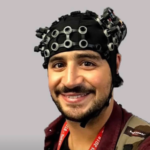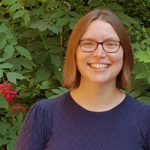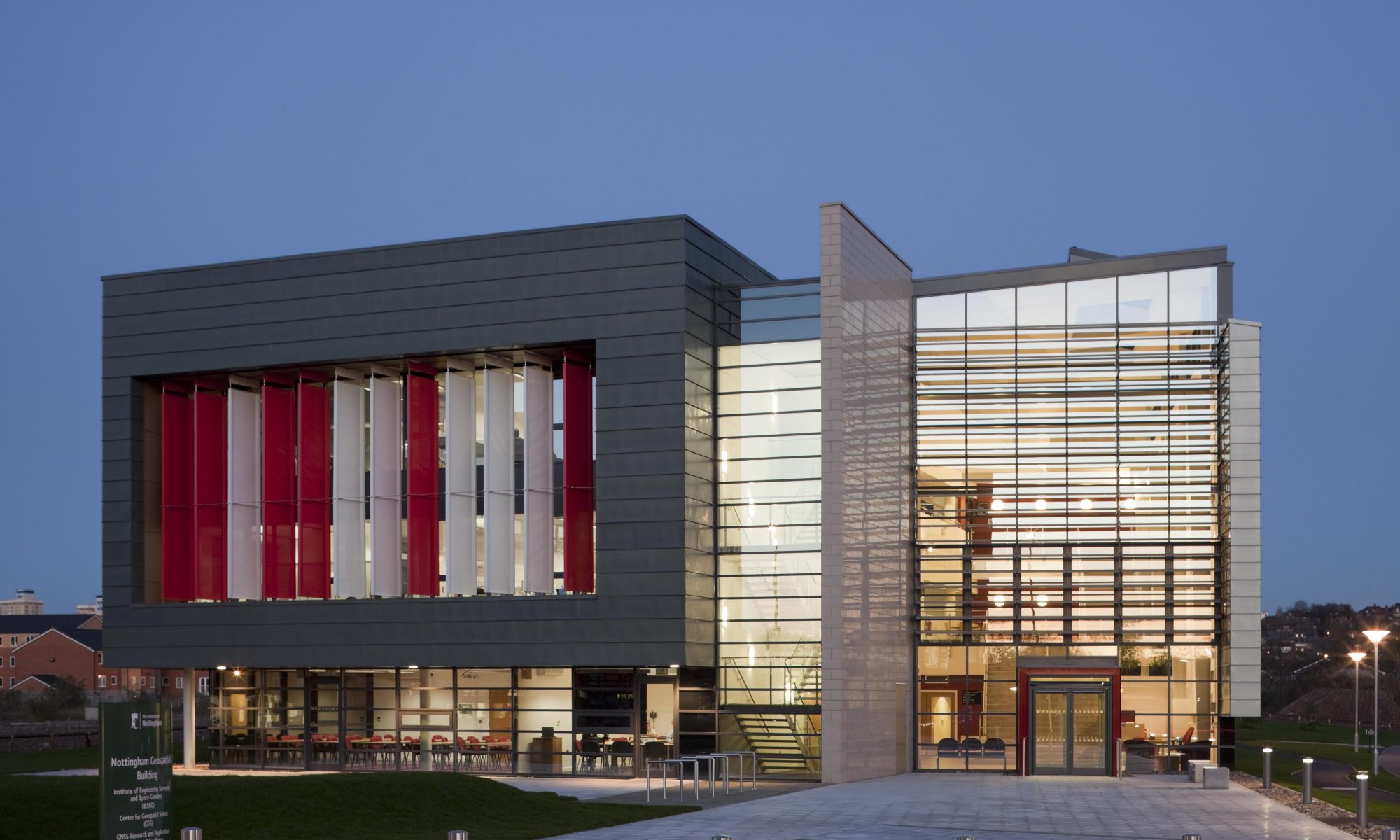
Georgiana’s research and impact activities are dedicated to resolving challenges that the world is facing today through data science. Most recently, as part of a Knowledge Transfer Partnership between N/Lab and OLIO Exchange Ltd., she developed the first UK-wide machine-learning model of food-insecurity. Georgiana is passionate about women’s careers in STEM and cultivating scientific curiosity and enjoyment from an early age.

Horia is a multidisciplinary trained researcher who started with integrating physiological sensors and non-invasive brain monitoring devices, such as functional Near Infrared Spectroscopy (fNIRS), in the field of Human Computer Interaction (HCI) and Human Factors (HF). Horia’s primary focus is to further advance the understanding of brain and physiological data in naturalistic study settings by developing new ways of processing and analysing this data, to produce new scientific knowledge and establish guidelines of applying brain and physiological data in the field of HRI evaluation.

Neelima’s research addresses designing responses to the challenges of personal data leverage in future media experiences. She has worked with the BBC on a number of projects which involve design, evaluation and dissemination focussed on the use of alternative privacy preserving techniques.

Helena is an inter-disciplinary researcher working at the intersection of society and technology. Her research has focused on a number of topic areas including, social media, algorithmic bias, AI, and social robots and she has taught subjects including software requirements, ethics, responsible innovation, and computers in society.

Yordan studies problems in statistical machine learning focussing on interpretable ML and exploratory applications. His focus is on Bayesian nonparametrics and hierarchical generative models and most of his applied work is in biomedical engineering – algorithms for digital health, precision medicine and proteomics.






